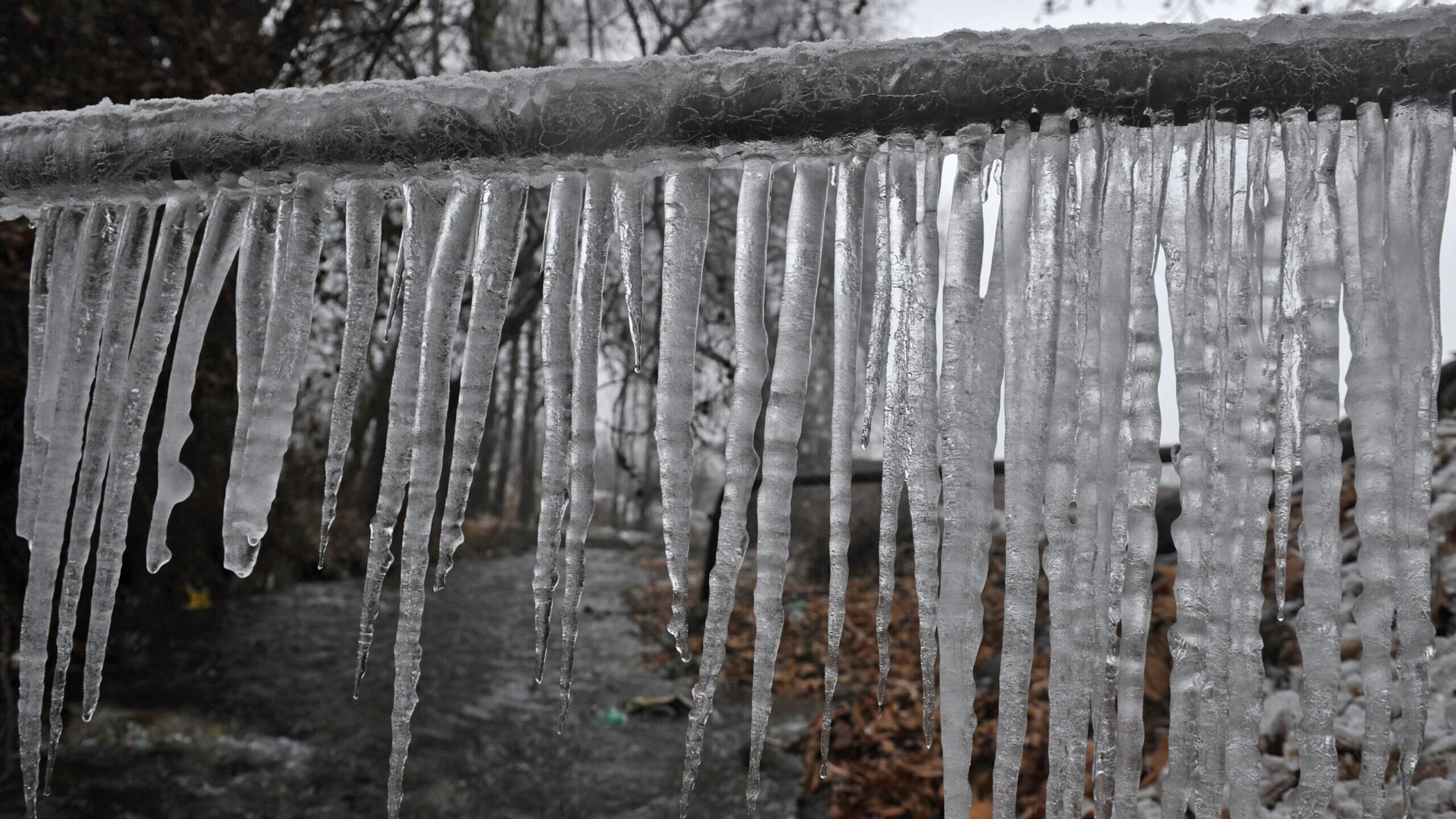How do you really feel in relation to 6 Ways to Prevent Frozen Pipes?

Winter can damage your plumbing, particularly by freezing pipelines. Below's exactly how to avoid it from happening and what to do if it does.
Intro
As temperature levels decrease, the risk of icy pipes increases, possibly causing costly fixings and water damage. Understanding just how to avoid icy pipes is crucial for house owners in cold environments.
Prevention Tips
Shielding at risk pipes
Wrap pipes in insulation sleeves or utilize warm tape to secure them from freezing temperature levels. Concentrate on pipelines in unheated or external locations of the home.
Home heating strategies
Maintain indoor areas effectively warmed, particularly areas with plumbing. Open cabinet doors to permit cozy air to distribute around pipes under sinks.
How to identify icy pipelines
Search for decreased water circulation from taps, unusual smells or sounds from pipes, and noticeable frost on subjected pipes.
Long-Term Solutions
Architectural changes
Think about rerouting pipes away from outside walls or unheated locations. Add additional insulation to attic rooms, cellars, and crawl spaces.
Updating insulation
Purchase top quality insulation for pipelines, attic rooms, and wall surfaces. Proper insulation helps preserve regular temperature levels and decreases the risk of icy pipes.
Protecting Outside Plumbing
Yard hoses and exterior faucets
Detach and drain garden tubes before winter months. Install frost-proof faucets or cover exterior faucets with protected caps.
Understanding Frozen Pipelines
What creates pipes to freeze?
Pipelines ice up when revealed to temperatures below 32 ° F (0 ° C) for prolonged durations. As water inside the pipelines ices up, it expands, putting pressure on the pipe walls and potentially triggering them to rupture.
Threats and problems
Icy pipelines can bring about water supply disruptions, residential property damages, and costly repair work. Burst pipelines can flood homes and cause extensive architectural damage.
Signs of Frozen Piping
Determining frozen pipelines early can prevent them from breaking.
What to Do If Your Pipes Freeze
Immediate activities to take
If you presume frozen pipelines, keep taps open to eliminate pressure as the ice melts. Utilize a hairdryer or towels taken in hot water to thaw pipelines gradually.
Verdict
Avoiding frozen pipelines requires positive steps and fast feedbacks. By comprehending the reasons, indicators, and preventive measures, house owners can protect their plumbing during winter.
Helpful Tips to Prevent Frozen Pipes this Winter
UNDERSTANDING THE BASICS: WHY PIPES FREEZE AND WHY IT’S A PROBLEM
Water freezing inside pipes is common during the winter months, but understanding why pipes freeze, and the potential problems it can cause is crucial in preventing such incidents. This section will delve into the basics of why pipes freeze and the associated problems that may arise.
THE SCIENCE BEHIND FROZEN PIPES
When water reaches freezing temperatures, it undergoes a physical transformation and solidifies into ice. This expansion of water as it freezes is the primary reason pipes can burst. As the water inside the pipe freezes, it expands, creating immense pressure on the walls. If the pressure becomes too great, the pipe can crack or rupture, leading to leaks and water damage.
FACTORS THAT CONTRIBUTE TO PIPE FREEZING
Low Temperatures: Extremely cold weather, especially below freezing, increases the risk of pipes freezing. Uninsulated or Poorly Insulated Pipes: Pipes located in unheated areas, such as basements, crawl spaces, or attics, are more prone to freezing. Insufficient insulation or lack of insulation altogether exacerbates the problem. Exterior Wall Exposure: Pipes running along exterior walls are susceptible to freezing as they encounter colder temperatures outside. Lack of Heating or Temperature Regulation: Inadequate heating or inconsistent temperature control in your home can contribute to frozen pipes. PROBLEMS CAUSED BY FROZEN PIPES
- Pipe Bursting: As mentioned earlier, the expansion of water as it freezes can cause pipes to burst, resulting in significant water damage.
- Water Damage: When pipes burst, it can lead to flooding and water damage to your property, including walls, ceilings, flooring, and personal belongings.
- Structural Damage: Prolonged exposure to water from burst pipes can compromise the structural integrity of your home, leading to costly repairs.
- Mold and Mildew Growth: Excess moisture from water damage can create a favorable environment for mold and mildew growth, posing health risks to occupants.
- Disrupted Water Supply: Frozen pipes can also result in a complete or partial loss of water supply until the issue is resolved.
WHY CERTAIN PIPES ARE MORE PRONE TO FREEZING
- Location: Pipes located in unheated or poorly insulated areas, such as basements, crawl spaces, attics, or exterior walls, are at higher risk of freezing.
- Exterior Pipes: Outdoor pipes, such as those used for irrigation or exposed plumbing, are particularly vulnerable to freezing as they are directly exposed to the elements.
- Supply Lines: Pipes that carry water from the main water supply into your home, including the main water line, are critical to protect as freezing in these lines can affect your entire plumbing system.
- Underground Pipes: Pipes buried underground, such as those connected to sprinkler systems or outdoor faucets, can be susceptible to freezing if not properly insulated.
https://busybusy.com/blog/helpful-tips-to-prevent-frozen-pipes-this-winter/

We had been shown that article on Winter Plumbing Precautions: Preventing Frozen Pipes from someone on a different web property. Sharing is caring. Helping people is fun. We treasure your readership.
Call Today